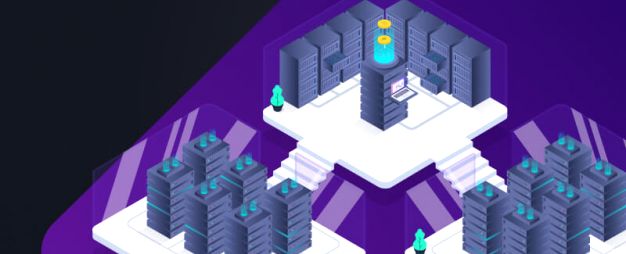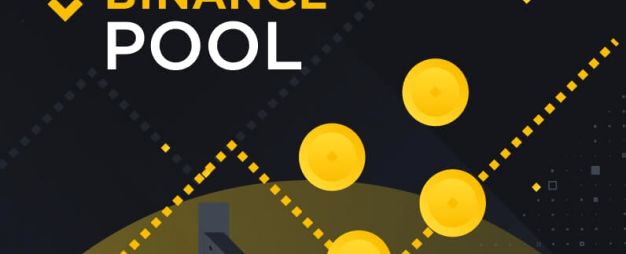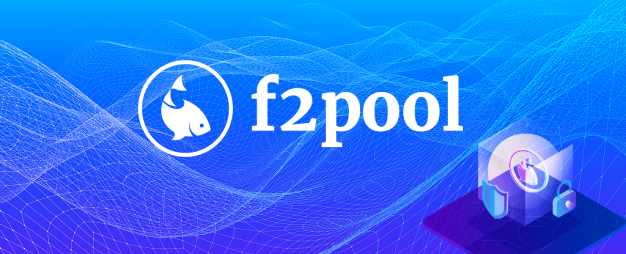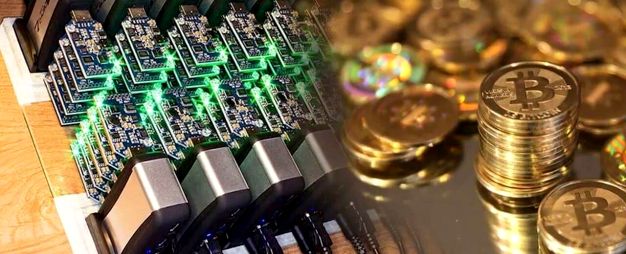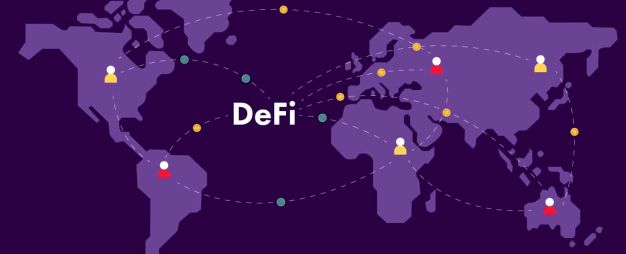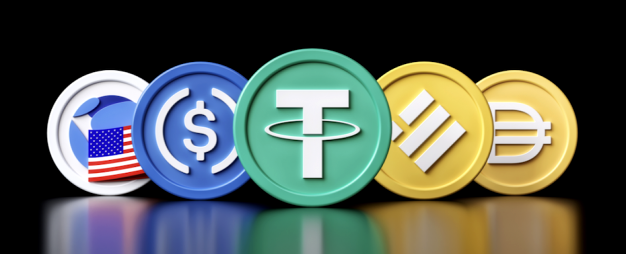What is decentralized finance (DeFi)

DeFi (decentralized finance) are projects that are based on equal rights and trust between all participants. Defi works on public blockchains such as Ethereum.
DeFi has many ways of using it, including trading, lending, etc. The most important thing when understanding this process is to take into account that it is a whole set of services and products that can replace many financial institutions.
History of DeFi
- 2009. The BTC network occurred, where people could perform transactions for the first time without connecting to financial institutions.
- 2015. It became possible to use a distribution registry in related areas (after the creation of ETH).
- 2017. MarketDAO, the first credit service, was launched. A bit later, the EtherDelta exchange appeared.
DeFi and work with other blockchains
Blockchains that are compatible with DeFi are:
- ETH
- SOL
- MATIC
- FTM
Is there a difference between DeFi and BTC
In general, they are different concepts. BTC acts as a digital money system, while DeFi has much broad functionality and is a system of financial applications and electronic instruments. Moreover, with DeFi, you can access traditional financial institutions.
DeFi: the main advantages
- High level of transparency. The financial system is open, so everything that happens inside it is easy to check.
- Openness to the world. Wherever the user is, they can influence projects and have access to the applications they need.
- Significant efficiency. Conducting transactions without intermediaries increases efficiency.
- Convenient transactions. Everyone who has access to a crypto wallet can become the recipient of coins, finances, etc., wherever they are.
Areas of DeFi application in practice
Typically, the main areas in which decentralized finance works are:
- Making payments;
- Transactions with stablecoins;
- Receipt of credits and loans;
- Work on exchanges;
- Application of derivatives;
- Portfolio management;
- Lotteries and insurance activities.
- Defi-services popular in the current year
- Aave (credit and loan operations).
- Curve (for exchange of stablecoins).
- Compound (loans).
- InstaDapps (decentralization-based applications).
